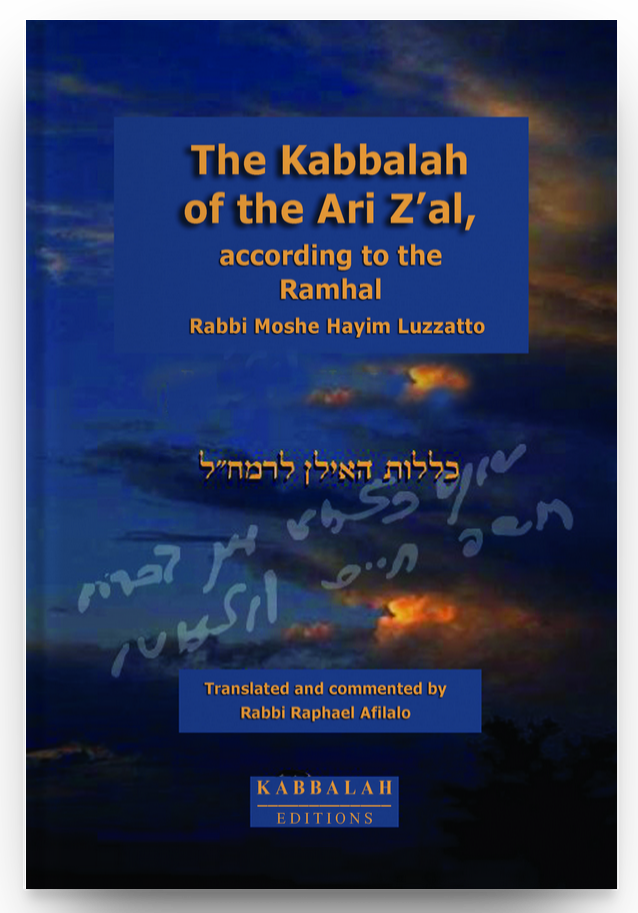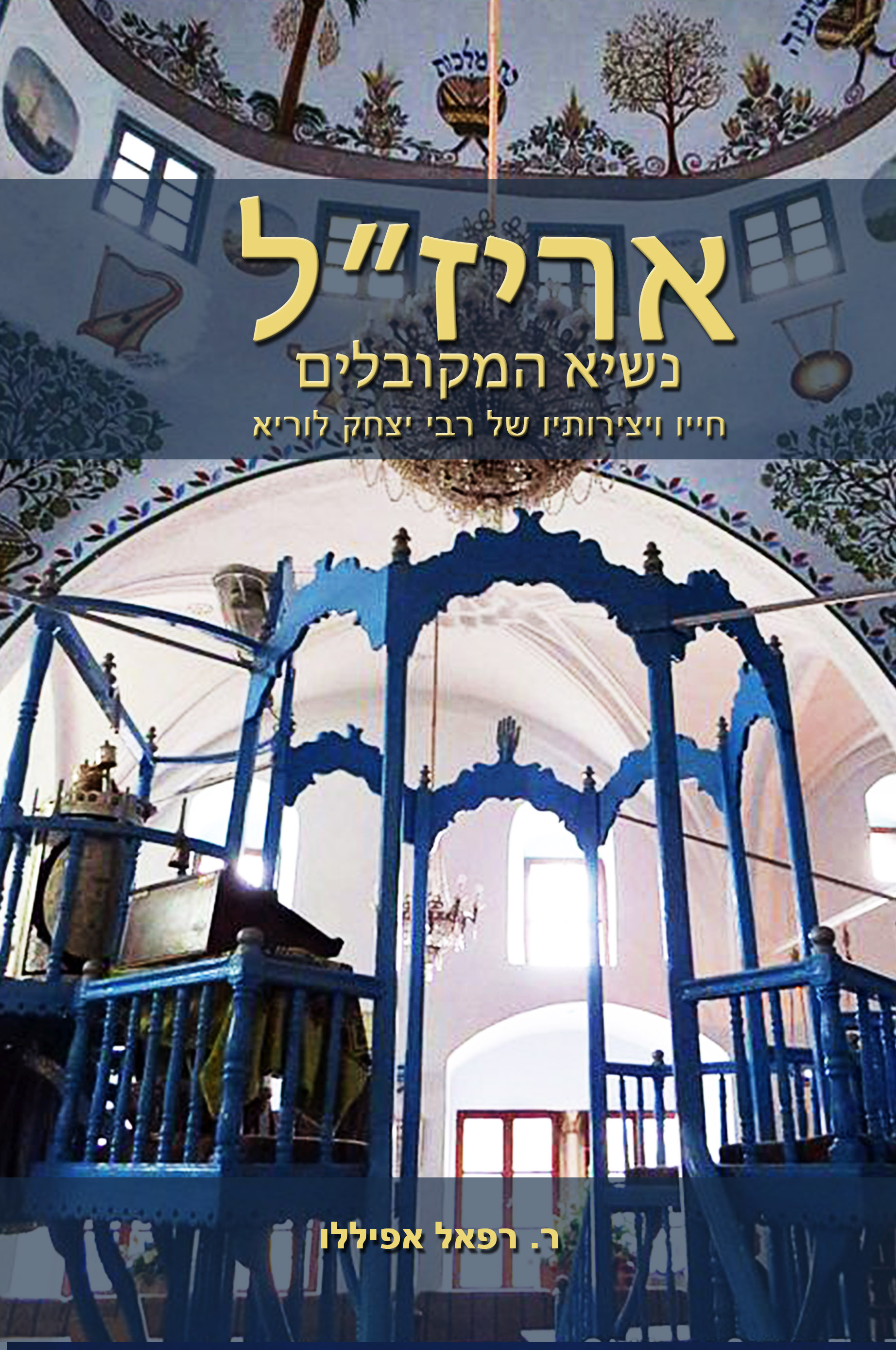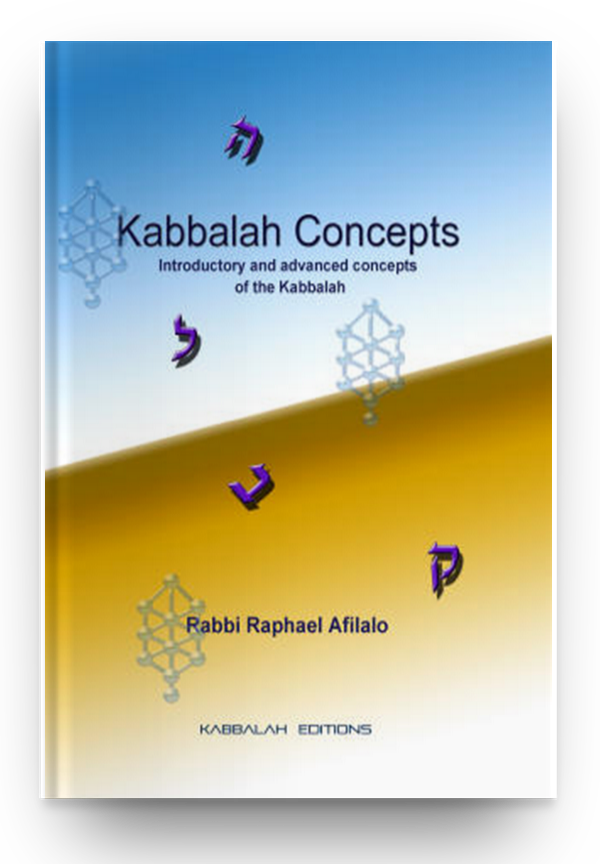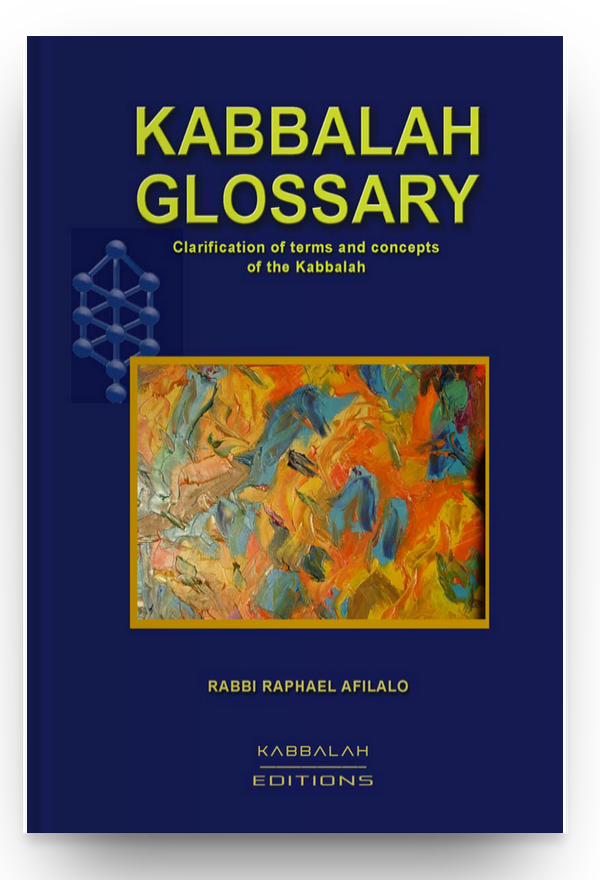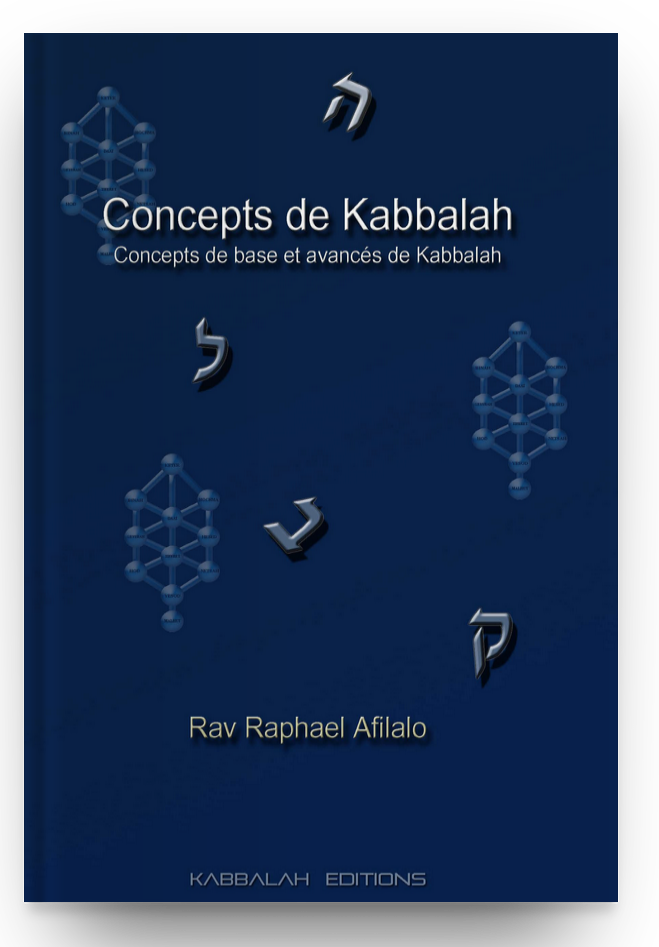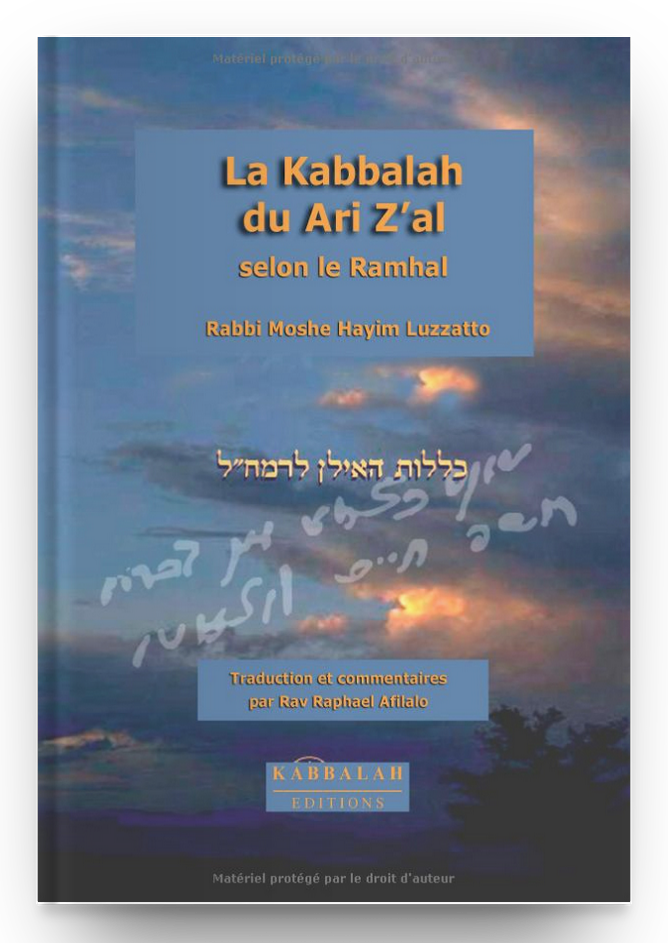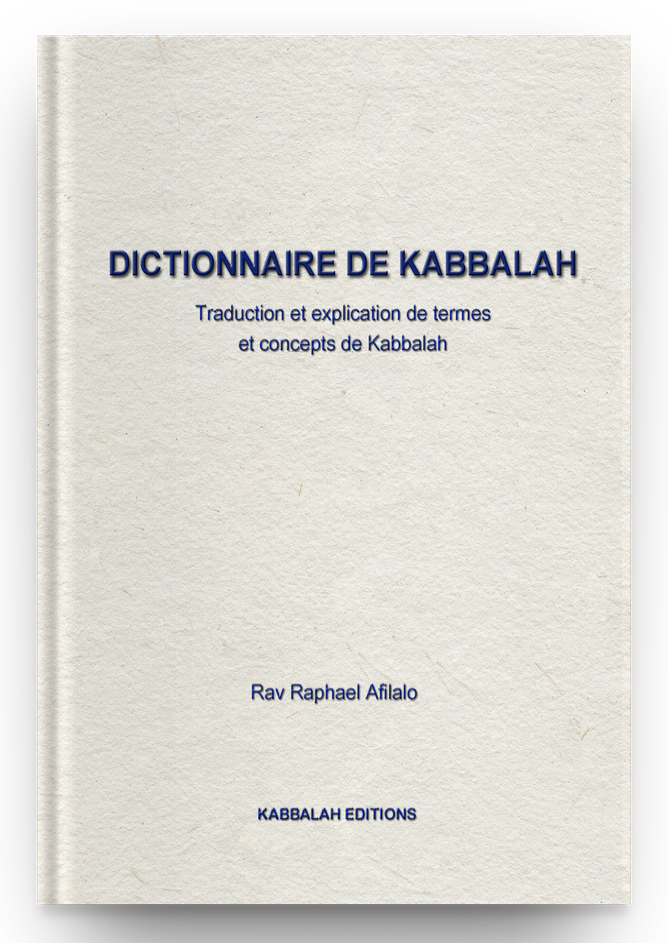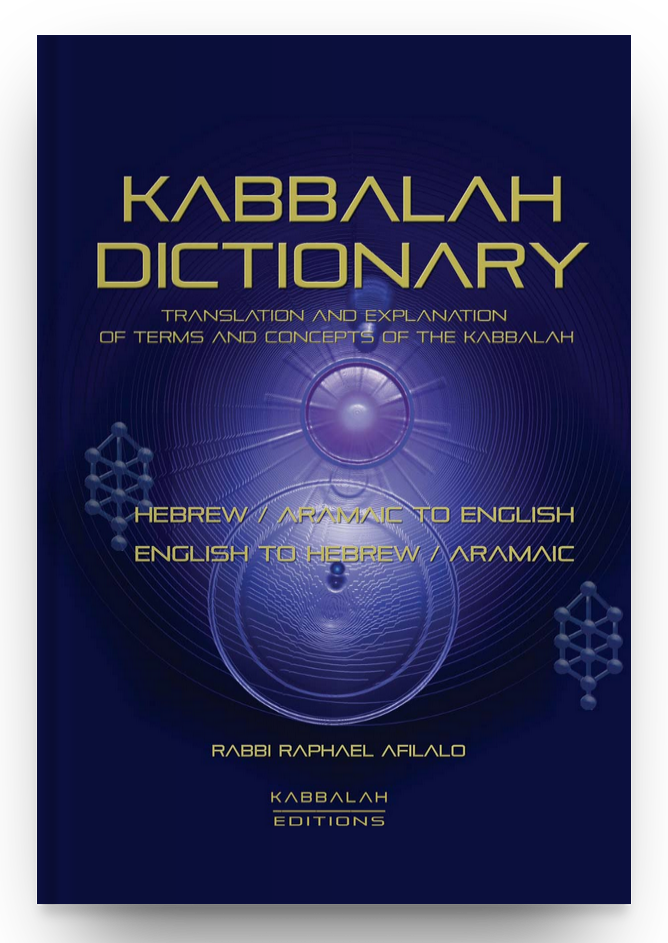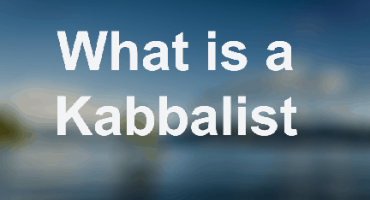 Read more +01 March 2020 in Kabbalah FAQ
Read more +01 March 2020 in Kabbalah FAQWhat is a Kabbalist
The word Kabbalah comes from the verb Lekabel (to receive), but to receive it is first necessary to be prepared, and to be a Keli (recipient) able to receive and contain this knowledge. A Kabbalist is a person who is accepted to receive this knowledge, and is able to hold it by living in the
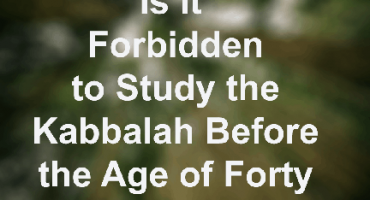 Read more +01 March 2020 in Kabbalah FAQ
Read more +01 March 2020 in Kabbalah FAQIs it not forbidden to study the Kabbalah before the age of forty
This decree was canceled about 450 years ago, as it was confirmed and written by Rav Avraham Azulay : “What was decreed from above; not to study the Kabbalah openly, was for a limited time only, until the end of the year 5260 . From there and after, it was allowed, and from the year
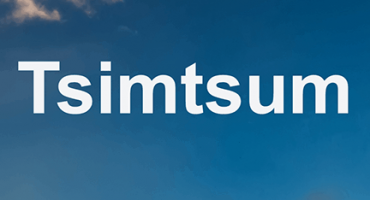 Read more +29 March 2020 in Kabbalah Concepts
Read more +29 March 2020 in Kabbalah ConceptsTsimtsum
Tsimtsum In the beginning, there was no existence except His presence; the Creator was alone, occupying all space with His light. His light, without end, borders or limit, filled everything. He was not bestowing His influence because there was no one to receive it. When He willed to create; He started to influence. His light
 Read more +01 March 2020 in Kabbalah FAQ
Read more +01 March 2020 in Kabbalah FAQDoes Reincarnation exist
To ascend from its original level, a soul needs to reincarnate to do its Tikun. This Tikun of the soul is realized by the Gilgul (reincarnation) and/or by the ‘Ibur (attachment). While Gilgul is the reincarnation of a soul into a body from the time of its birth until its death, the ‘Ibur is an
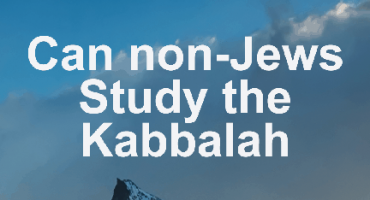 Read more +01 March 2020 in Kabbalah FAQ
Read more +01 March 2020 in Kabbalah FAQCan non-Jews study the Kabbalah
Non-Jews that are attracted by the Kabbalah could get an “intellectual” insight of its concepts and a feeling of well-being by its values, but have no direct participation in its realization, since they do not observe its intricate relations with the commandments of the Torah and the prayers. For example; when praying three times a
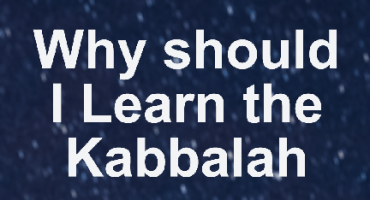 Read more +01 March 2020 in Kabbalah FAQ
Read more +01 March 2020 in Kabbalah FAQWhy should I learn the Kabbalah
Firstly, to understand what is expected of me, how I can better accomplish His commandments, the purpose of my prayers and actions. Secondly, to get closer to my creator by learning His ways, and understanding the different emanations of His lights and powers in this world, and the others. Thirdly, to “connect” with G-od, by
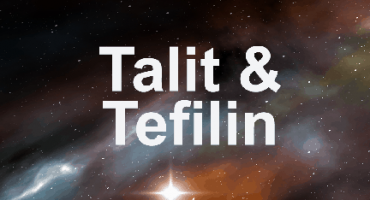 Read more +29 March 2020 in Kabbalah Concepts
Read more +29 March 2020 in Kabbalah ConceptsTalit & Tefilin
Since the goal is to make the upper masculine and feminine energies unite, man has to “resemble” physically the higher masculine configuration, i.e. configuration זעיר אנפין. The Tefilin on the head represent the directive lights he receives from the higher configuration of אימה; the Tefilin on the hand represent the feminine configuration that attaches to
 Read more +29 March 2020 in Kabbalah Concepts
Read more +29 March 2020 in Kabbalah ConceptsAbout Kabbalah
The Kabbalah is the mystical and esoteric explanation of the Torah. It teaches the unfolding of the worlds, the will of the Creator, the various ways of guidance of these worlds, the role of man in the creation, and more. No other writings explain in details; the creation of this world and the ones above
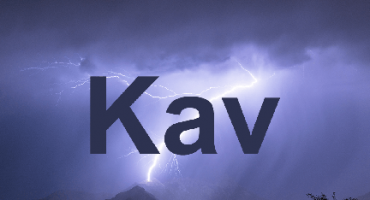 Read more +29 March 2020 in Kabbalah Concepts
Read more +29 March 2020 in Kabbalah ConceptsKav
About Kabbalah BY ADMIN MARCH 4, 2020 The Kabbalah is the mystical and esoteric explanation of the Torah. It teaches the unfolding of the worlds, the will of the Creator, the various ways of guidance of these worlds, the role of man in the creation, and more. No other writings explain in details; the creation
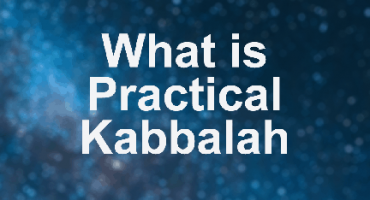 Read more +01 March 2020 in Kabbalah FAQ
Read more +01 March 2020 in Kabbalah FAQWhat is “Practical Kabbalah”
It is the “other” type of Kabbalah, where names or combinations of names of angels are used with special signs or incantations, sometimes written on parchment, to invoke particular powers and alter normal states of events. It is also called magic By writing various permutation of letters or names of angels, one could make these
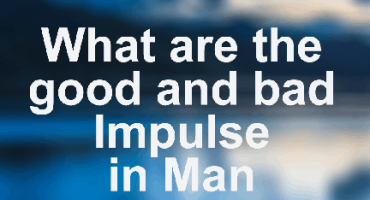 Read more +01 March 2020 in Kabbalah FAQ
Read more +01 March 2020 in Kabbalah FAQWhat are the good and bad impulse in man
The Yetser Hatov corresponds to the good or positive impulse in man, the Yetser Hara’ is his bad or negative impulse. The good deeds of man have an effect on the four higher worlds, his bad deeds; on the four lower worlds. It is only when man sins, that the negative side can grow in
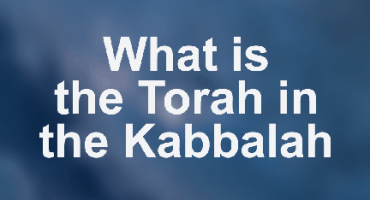 Read more +01 March 2020 in Kabbalah FAQ
Read more +01 March 2020 in Kabbalah FAQWhat is the Torah in the Kabbalah
The Kabbalah is the mystical and esoteric explanation of the Torah. All the profound secrets explained in the Kabbalah, are alluded in the letters, words and different stories narrated in the Torah. The Torah contains four levels of comprehension, of which the highest is the Sod (secret). At this level, we understand that our Tefilot
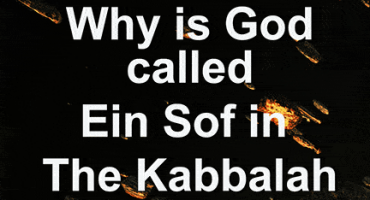 Read more +01 March 2020 in FP, Kabbalah FAQ
Read more +01 March 2020 in FP, Kabbalah FAQWhy is God called Ein Sof in the Kabbalah
“Ein Sof” is the Name of G-od that is the most used in the Kabbalah. His light is perfect, and cannot be measured by any definition or limiting terms. If we think about definitions, we introduce a notion of limit, or absence of its opposite. Being ourselves distinct separate beings, we cannot grasp the concept
 Read more +01 March 2020 in FP, Kabbalah FAQ
Read more +01 March 2020 in FP, Kabbalah FAQWhat is a Tikun
In Hebrew, the word “Tikun” has different meanings. It can be understood as reparation or rectification, and also as function, relation or action. There are different types of Tikunim: – Tikunim that took place in the first emanations to repair the worlds. – Tikunim for the construction and inter-relations of the Sephirot and Partsufim (configurations).
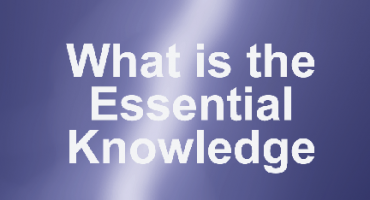 Read more +01 March 2020 in Kabbalah FAQ
Read more +01 March 2020 in Kabbalah FAQWhat is the essential knowledge
The essential knowledge is the one of the will of the Creator and His ways of guidance in this existence, as explained in the Kabbalah. The other writings explain in the least details “how” to do, but only the Zohar and the Kabbalah explain to us the exact reasons, and effects of all our prayers
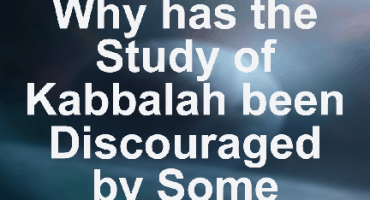 Read more +01 March 2020 in Kabbalah FAQ
Read more +01 March 2020 in Kabbalah FAQWhy has the study of Kabbalah been discouraged by some
All the rabbinical authorities have always agreed on the ultimate importance and truthfulness of the Kabbalah, they just did not agree on the way this knowledge should be disseminated. Some insisted that only a very selective group should be allowed to learn Kabbalah, and only after attaining a high level of purity and comprehension of
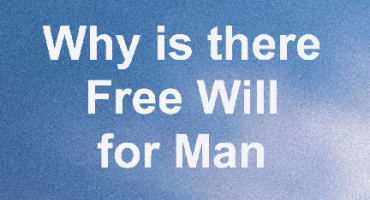 Read more +01 March 2020 in FP, Kabbalah FAQ
Read more +01 March 2020 in FP, Kabbalah FAQWhy is there free will for man
Since the intention of the Creator is to bestow goodness on His creatures, all the levels of creation were put in place so His kindness could emanate to them, yet in such a way that they would be able to receive it. Complete rigor will be the destruction of anything not perfect, while complete kindness
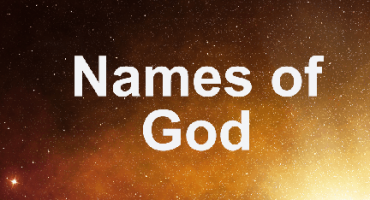 Read more +29 March 2020 in Kabbalah Concepts
Read more +29 March 2020 in Kabbalah ConceptsNames of God
The forces or energies that make or influence the guidance are also identified or described as the different names of God. The main names are: Y-H-V-H – י-ה-ו-ה Ein Sof – אין סוף Adona-y – אדנ- י Ahy-h – אהי-ה Elohi-M – אלוה-ים Sephira Name כתר אהי-ה AHY-H חכמה י-ה YH בינה י-ה-ו-ה YHV-H (vowels
